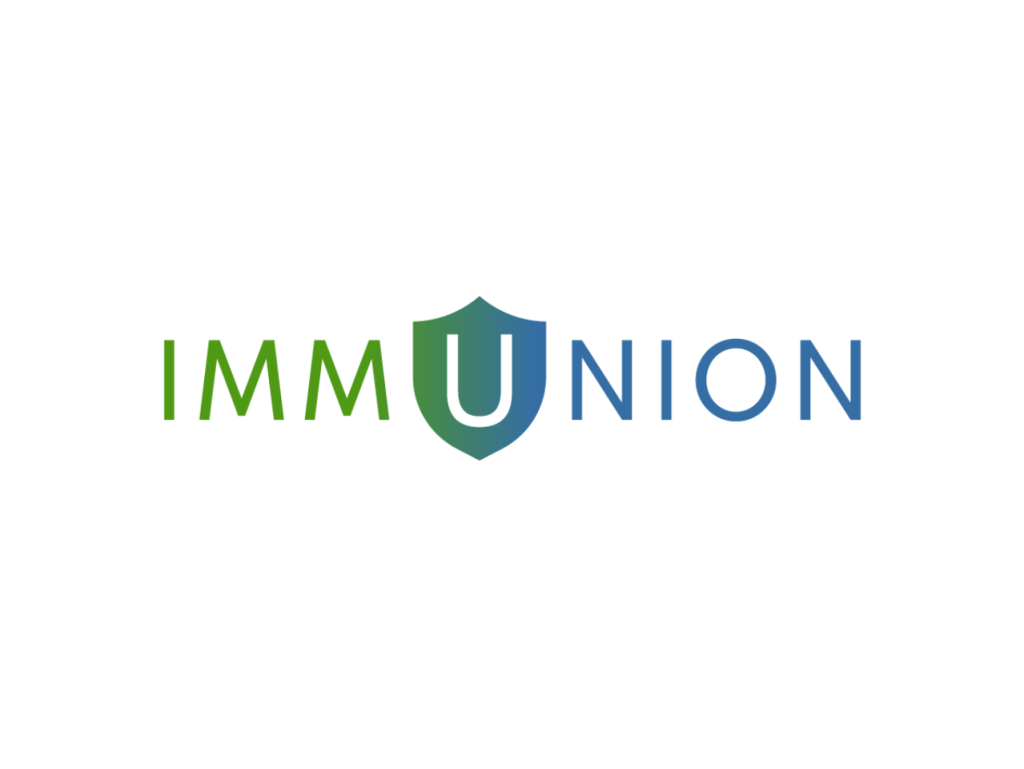New ways to test high-risk medical devices.
Manufacturers of medical devices need to test their products before being allowed to market them. Specifically, they require clinical data showing their medical device is safe and efficient. In this context, the EU-funded CORE-MD project will translate expert scientific and clinical evidence on study designs for evaluating high-risk medical devices into advice for EU regulators. The project will propose how new trial designs can contribute and suggest ways to aggregate real-world data from medical device registries.
It will also conduct multidisciplinary workshops to propose a hierarchy of levels of evidence from clinical investigations, as well as educational and training objectives for all stakeholders, to build expertise in regulatory science in Europe. CORE–MD will translate expert scientific and clinical evidence on study designs for evaluating high-risk medical devices into advice for EU regulators, to achieve an appropriate balance between innovation, safety, and effectiveness. A unique collaboration between medical associations, regulatory agencies, notified bodies, academic institutions, patients’ groups, and health technology assessment agencies, will systematically review methodologies for the clinical investigation of high-risk medical devices, recommend how new trial designs can contribute, and advise on methods for aggregating real-world data from medical device registries with experience from clinical practice The consortium is led by the European Society of Cardiology and the European Federation of National Associations of Orthopaedics and Traumatology, and involves all 33 specialist medical associations that are members of the Biomedical Alliance in Europe.
EAP is a member of the Consortium running the project funded by the European Union’s Health Programme (2014 – 2020) entitled Innovative Immunisation Hubs.
The ImmuHubs Coordinator is Barbara Rath, MD PhD HDR, Co-founder & Chair, The Vienna Vaccine Safety Initiative.
The past year has highlighted that specific groups in European society have limited access to vaccines due to socioeconomic, cultural, geographic or health reasons. The Innovative Immunisation Hubs (ImmuHubs) project, which is designed to run for three years, has been set up in response to this. The project’s aims are to: establish partnerships with citizen groups, public health agencies and the public to improve access for specific population groups in eight countries; create innovative immunisation actions to increase vaccine uptake; develop sustainable solutions for vaccine protection. Among the targeted countries are Cyprus, Greece, Finland, Portugal & Poland. Actions taken will be monitored and the project has quantifiable targets such as increasing the uptake of childhood vaccines by 10 percent.
EAP is proud to be involved in the “Overcoming Obstacles to Vaccination” project consortium to enhance immunization efforts and contribute to public health across diverse fronts.
This is a comprehensive three-year initiative funded by the European Health and Digital Executive Agency (HaDEA) on behalf of the European Commission. This project is dedicated to addressing challenges related to seven critical vaccines: COVID-19, Human Papillomavirus (HPV), Influenza, Measles, Mumps, Rubella (MMR), Meningitis, Polio, and Tetanus.
The Overcoming Obstacles to Vaccination project is led by Verian in partnership with the European Health Management Association (EHMA), the Foundation for the Promotion of Health and Biomedical Research of Valencia Region (Fisabio), ifok, the European Academy of Paediatrics (EAP), and the European Regional and Local Health Authorities (EUREGHA).
EAP is a leading member of the Scientific Advisory Board for the Immunion project which aims to increase the uptake of vaccines by European citizens.
The EAP is also leading the development of the SEKI education platform. The Immunion project, designed by the Coalition for Vaccination, aims to improve immunisation cooperation in the EU. The project will notably strengthen joint efforts amongst Coalition for Vaccination member associations to improve the uptake of vaccines by European citizens.
Specific objectives of Immunion include improving the dissemination of validated vaccination training materials and resources to health professionals across Europe; strengthening the Coalition for Vaccination; increasing training opportunities for health professionals and students on vaccination communication; enhancing collaboration with media on vaccination; understanding drivers of vaccine inequalities within countries. The Immunion project is also supported by a Scientific Advisory Board which strengthens the project’s scientific excellence, policy impact, global input, and long-term sustainability. The Scientific Advisory Board includes representatives from the European Commission and will reach out on a regular basis to external advisors drawing from established connections of the Vienna Vaccine Safety Initiative (ViVI) and the European Academy of Paediatrics (EAP). To effectively disseminate information on vaccination, the SEKI platform (developed and led by the ViVI and EAP) will be promoted as a central source for quality training and information materials on vaccination. SEKI will provide training courses near users’ homes as well as videos, podcasts and other teaching formats that facilitate continuing vaccine education ‘on the go’.

EAP is a member of the Consortium running the EU Commission H2020 Project entitled River-EU.
The RIVER-EU project aims to tackle barriers in health systems for vaccine uptake among minority groups in Europe.
The five-year project focuses specifically on the MMR and HPV vaccinations in selected communities (migrant community in Greece, Turkish females and Moroccan females in the Netherlands, Ukrainian minority in Poland and Roma community in Slovakia). The project will begin by analysing health system barriers and will then develop new interventions to be implemented and evaluated.
Findings will be used for guidelines that can subsequently be implemented across Europe and project leaders will focus on collaboration with target groups and key stakeholders at every phase of the project. The aims of the project include: to increase understanding of the reasons for low vaccine uptake in specific contexts; to develop strategies to increase vaccination rates in these contexts; to develop recommendations that other health authorities can implement.
The RIVER-EU Coordinator is Danielle Jansen, Assistant professor of the Department of Health Sciences at University Medical Center.
